
Members of the SeMPER-Arctic project
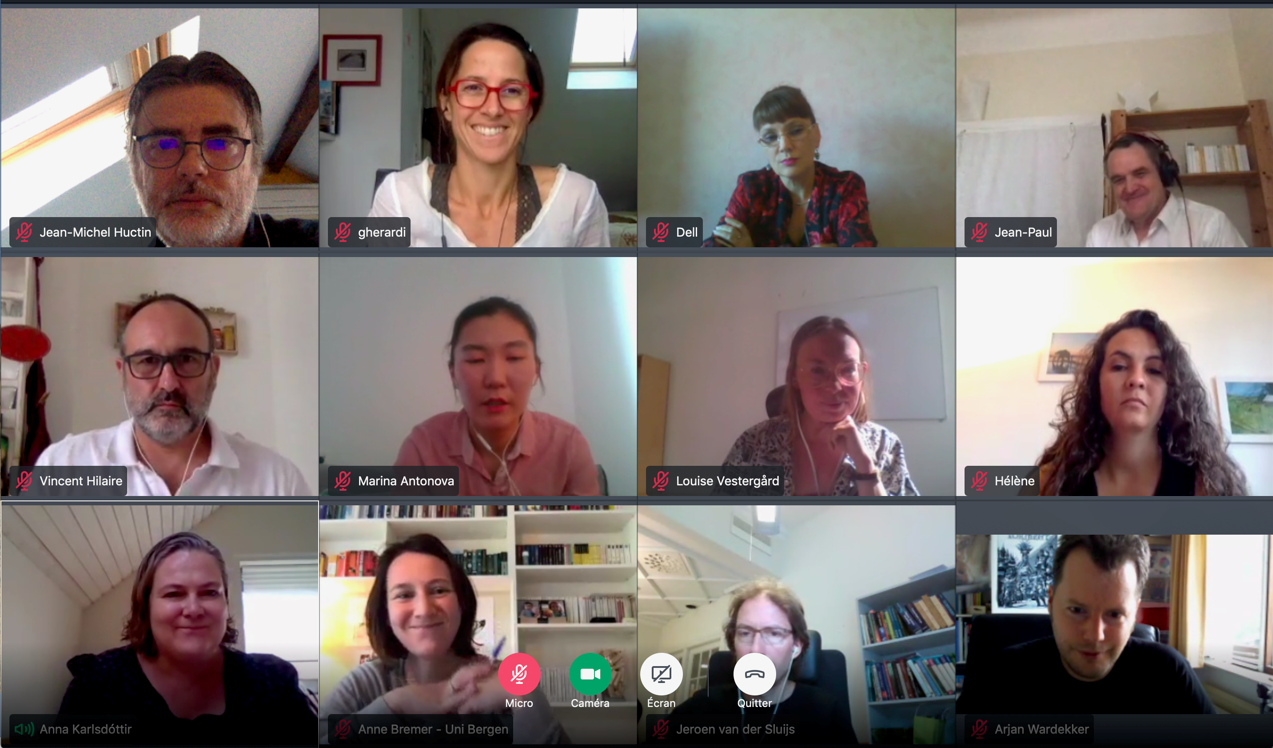
The SeMPER-Arctic project includes institutions from five countries - France, Norway, Sweden, Russia and The Netherlands. Partners from these organisations cooperate in order to achieve a better understanding of Arctic communities and collect local stories of changes, shocks, upheavals and their aftermaths in Greenland and Russia.
Institutions and members
UVSQ/LSCE and CEARC - ANR (France)
LSCE is a large laboratory that pulls together personnel from CEA, CNRS and the Versailles-St-Quentin University. It is located on the campuses of both the CEA-Orme des Merisiers and CNRS-Gif sur Yvette. It is part of the Institut Pierre Simon Laplace that optimizes the work of several laboratories in the Paris area working in similar themes. There are about 300 people working at LSCE, 150 of which hold permanent positions and several tens are working on a PhD.
Since January 2015, LSCE is organized around 3 main scientific themes that regroup 4 to 7 teams working on similar subjects or with the same tools: Archives and tracers; Biogeochemical cycles and transfers in the environment; Climate and cycles - Modeling the variability and their interactions.
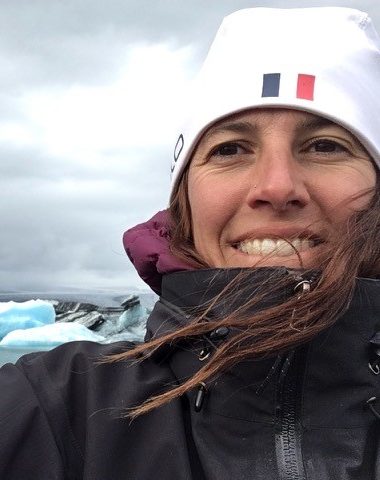
Jeanne Gherardi-Scao
Associate professor at Versailles-St-Quentin University
Jeanne will coordinate the SeMPER-Arctic project. She will be assisted in this task with a daily management group. She will also be in charge of WP3 in which she will review existing historical environmental archives in the 3 communities and establish the linkages between scientifically observed environmental changes and the concept of sense making, lace attachment and extended network.
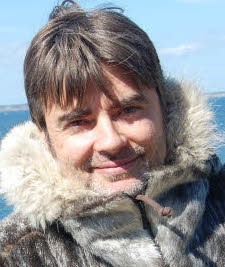
Jean-Michel Huctin
Associate professor of anthropology at the Versailles-St-Quentin University
Jean-Michel will assist Jeanne, the lead principal investigator, and Jean-Paul in the daily management group and management board. He will also be in charge of WP1 whose objective is to design a data collection and analysis protocol. Moreover, he will organize fieldwork in Uummannaq in coordination with local Greenlandic partners and collect interviews of community members.

Tanguy Sandré
PhD Student on social sciences at the Versailles-St-Quentin University
Within the SeMPER-Arctic project, Tanguy's research explores the place of environmental and climate changes in local stories of resilience that he will be partly collecting in two Greenlandic communities – Uummannaq and Ittoqqortoormiit. Adopting a postcolonial approach, it also aims to question the epistemological roots and the accuracy of western sciences along with local knowledge and narratives.
UiB - RCN (Norway)
The Centre for the Study of the Sciences and the Humanities (SVT) is an interdisciplinary and interfaculty centre at the University of Bergen (UiB) with the responsibility for research, teaching and dissemination within the field of "theory of science", understood broadly as "research on research." Research at SVT is tightly coupled to the promotion of interdisciplinarity, aiming at a more holistic understanding of knowledge, values and society. There are two main foci within this study field: on the one hand the understanding of modernity and on the other hand the study of the knowledge production in itself. Researchers at SVT coordinate and participate in several research projects on the ethical and societal aspects of science and technology.
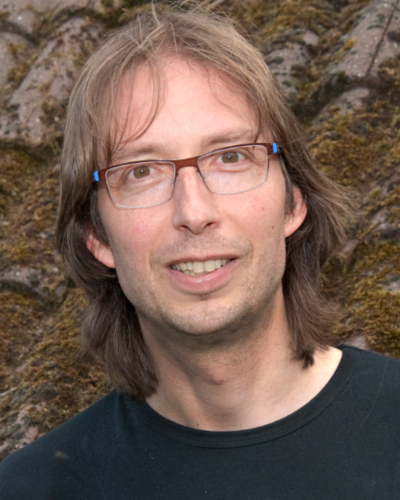
Jeroen P. Van der Sluijs
Full professor at the Centre for the Study of the Sciences and the Humanities, University of Bergen.
In SeMPER-Arctic, Jeroen is the PI of the UU team and contributes to WP2 Reflexivity in narrative-based resilience science and WP5 Integration and progress on arctic resilience.
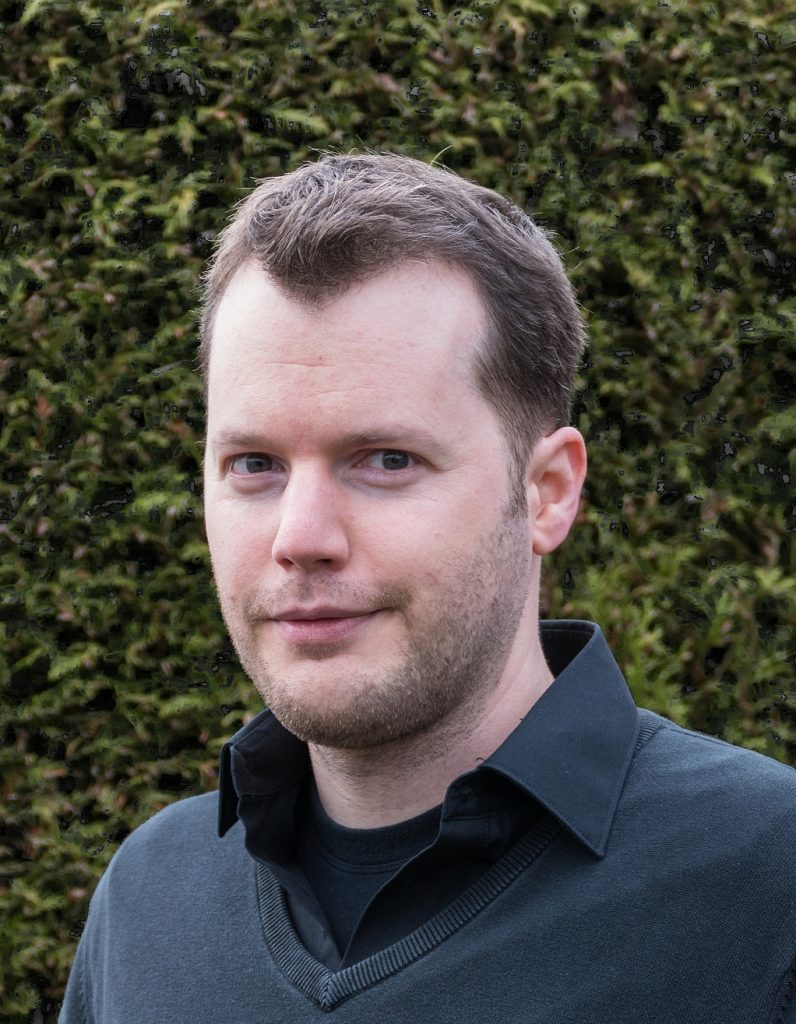
Arjan Wardekker
Senior Researcher at the Centre for the Study of the Sciences and the Humanities, University of Bergen
In SeMPER-Arctic, Arjan will lead WP5 on progress and integration on Arctic resilience. How do different understandings of resilience interact and match, and what could they learn from each other? Among others, this will involve cross-examining the experiences and insights from the other WPs. Arjan will also lead the efforts of the Dutch team, contributing to WP5 and WP2.
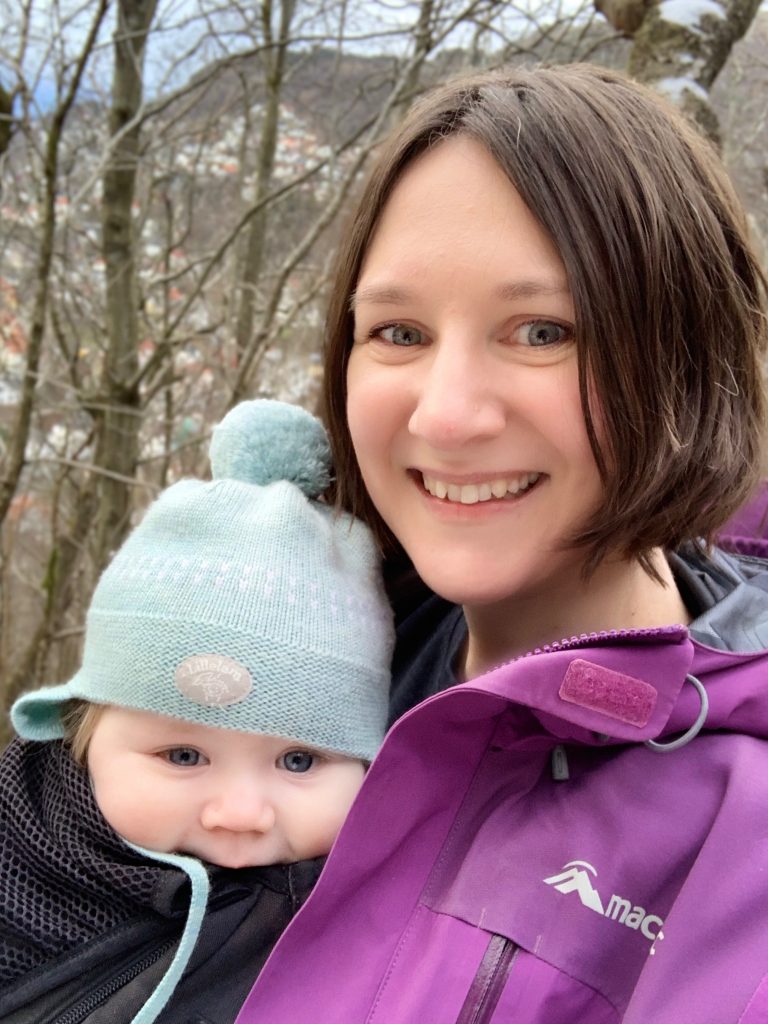
Anne Bremer
Researcher at the Centre for the Study of the Sciences and the Humanities, University of Bergen
In SeMPER-Arctic, Anne will lead WP2 which consists in nurturing reflexivity among the consortium about the broader social context of narrative research in the Arctic: why and how do we collect narratives, and what are the impacts of this research on local communities, policy actions and on narratives themselves? In parallel with an extensive literature review, the objective of WP2 is to increase care and responsibility in the implementation of narrative research in the Arctic.
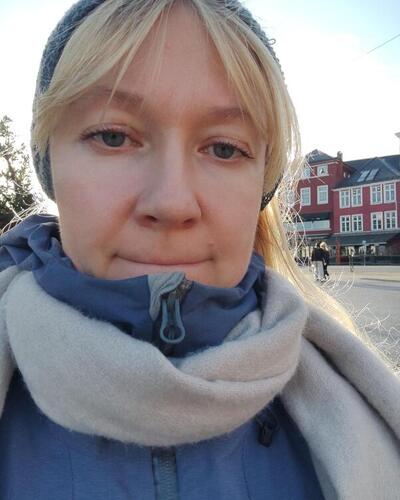
Roxana Roos
Guest Researcher at the Centre for the Study of the Sciences and the Humanities, University of Bergen
In SeMPER-Arctic, Roxana will review the scientific representations of local narratives in the Arctic (WP2). This review will be undertaken both through a desktop study of published material (including grey literature) and interviews with selected practicing researchers working with local communities, as key informants.
NORDREGIO - FORMAS (Sweden)
Nordregio is a leading Nordic research centre for regional planning and development established by the Nordic Council of Ministers in 1997. Nordregio conducts solution-oriented and applied research around questions on sustainable regional development from a policy and practitioner perspective. The research centre is based in Stockholm with approximately 50 employees.
The primary research focuses are sustainable urban and rural development, regional innovation, green growth, bioeconomy and circular economy, digitalisation and governance. The primary objective of Nordregio is to promote sustainable regional development and Nordic added value through comparative research analyses and close stakeholder collaboration and communication. Geographically Nordregio focuses on the Nordic region, the Arctic, the Baltic Sea region, and Europe which involve participation in European, Nordic and national research programmes.
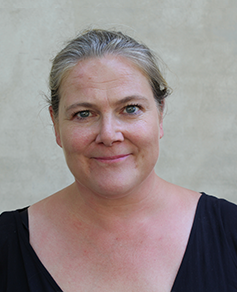
Anna Karlsdottir
Senior Research Fellow at Nordregio
In SeMPER-Arctic, Anna is the principal investigator and coordinator of the Nordregio teams contribution to the project.
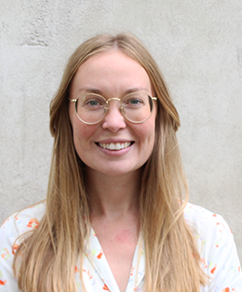
Louise Ormstrup Vestergård
Research Fellow at Nordregio
In SeMPER-Arctic, Louise will gather regional development and policy narratives from the Greenlandic cases and in close collaboration with local partners and communities activate the Semper-Arctic research results to develop tools for local sustainable development.
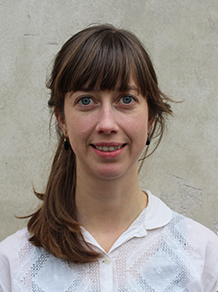
Leneisja Jungsberg
Research Fellow at Nordregio
In Semper-Arctic, Leneisja will work with impact maximization by bringing the research on narratives into the local tourism sector to support economic prosperity for the communities. Transferring experiences and good practices of citizen and community resilience across local, regional and national planners can uncover innovative solutions and tools to address locally pressing challenges.
NEFU - RFBR (Russia)
North-Eastern Federal University (NEFU) is a diversified federal university, a major research and educational centre in the North-East of Russia. The university is located in Yakutsk (Republic of Sakha (Yakutia), Russia). NEFU includes 13 Institutes, 5 faculties, 3 University branches in Mirny, Nerungry and Chukotka, 6 major research institutes.
About 19,000 students study at NEFU. The teaching staff of NEFU consists of almost 1,500 people (of whom 153 are doctors of science, 743 candidates of science). The strategic goal of NEFU is to develop the university as a modern educational, scientific and cultural centre of the North-East of Russia and the Arctic, providing high-quality training of competitive specialists.
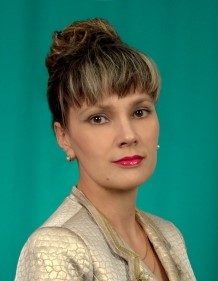
Inga V. Nikulkina
Doctor of Economics, Professor of the Department of Taxes and Tax Administration of the Financial University under the Government of the Russian Federation (Moscow, Russia);
Professor of the Department of Economics and Finance of the North-Eastern Federal University (Yakutsk, Russia).
In the SeMPER-Arctic project, Inga is a Russian project leader. She is principal investigator and coordinator of the Russian team's contribution to the project: WP4 – Regional development and policies narratives and WP1 – Collecting narratives of resilience. In addition, she will organize fieldwork in Tiksi (Bulunsky District of the Republic of Sakha (Yakutia), Russia) to collect data and interviews for the project.
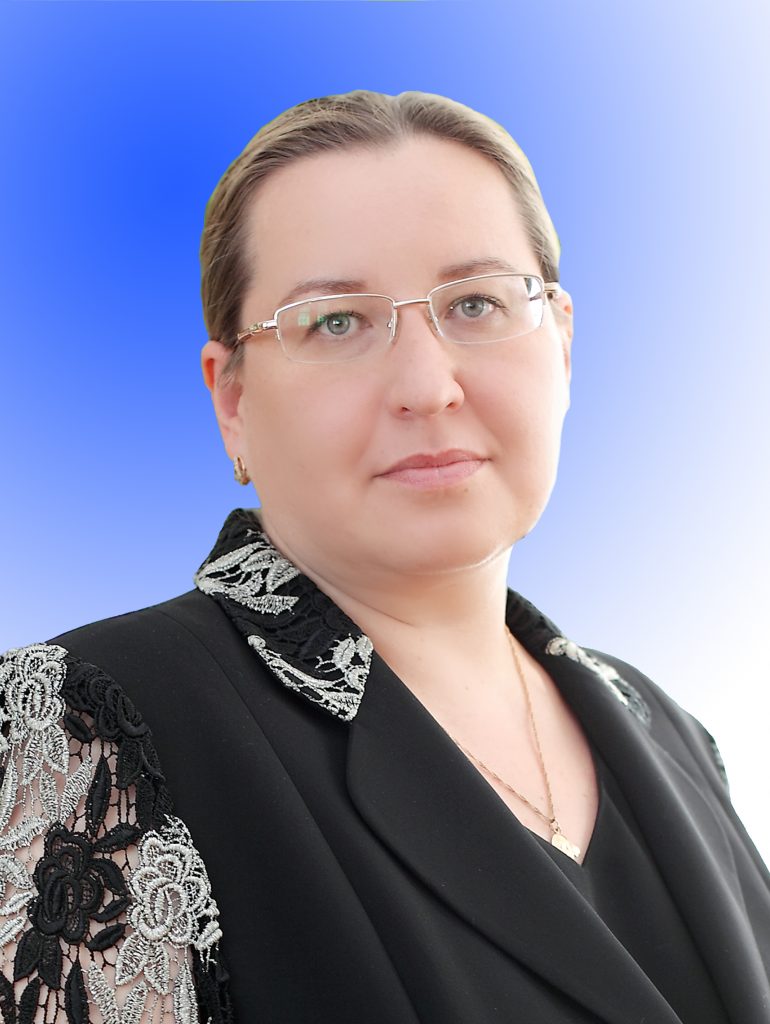
Olga V. Gordyachkova
PhD in Economics, Associate Professor of the Economic Theory and Applied Economics Department of the Novosibirsk State Technical University (Novosibirsk, Russia).
In the SeMPER-Arctic project, as part of the Russian team, Olga will also be in charge of WP4. Within the SeMPER-Arctic project, Olga researches resilience to economic shocks (data collection, literature review, methodology), analyses regional policy. She is also responsible for preparing the research results for publication.
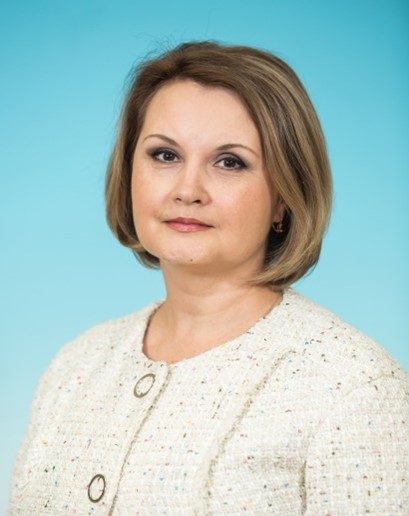
Elena V. Romanova
PhD in Economics, Associate Professor of the Economic Theory Department of the NEFU (Yakutsk, Russia)
In the SeMPER-Arctic project, Elena is responsible for collecting and analysing data, econometric and math modelling of the resilience of Arctic communities to economic shocks.
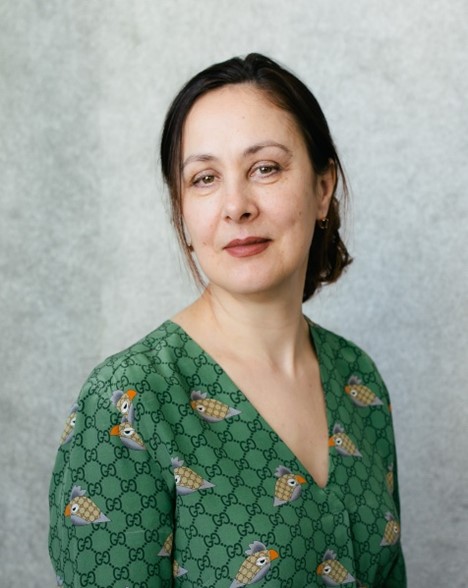
Tatyana Y. Kalavriy
PhD in Economics, Associate Professor of the Economic Theory Department of the NEFU (Yakutsk, Russia).
In the SeMPER-Arctic project, Tatyana is responsible for data analysis and scientific review of economic shocks resilience based on the narrative approach.
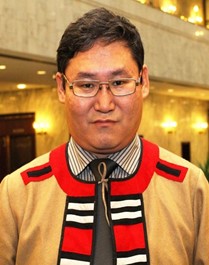
Viacheslav I. Shadrin
Research Fellow of Institute of Humanities Research and Indigenous Studies of SB RAS (Yakutsk, Russia).
In the SeMPER-Arctic project, as part of the Russian team, Viacheslav will also be in charge of WP1 and WP4. In addition, he will help organize fieldwork in Tiksi in coordination with local partners and will interview community representatives.
UU - NWO (The Netherlands)
The Copernicus Institute of Sustainable Development at Utrecht University (UU) develops high quality and relevant knowledge related to sustainable development to have a positive impact on the transition to a sustainable society. This is accomplished through influencing political and private decisions by communicating high-quality knowledge. Given the integrated nature of sustainable development issues, we strongly believe in multidisciplinary knowledge development. We integrate knowledge in the following fields, corresponding to our four research groups: Energy and Resources, Environmental Sciences, Environmental Governance, and Innovation Studies.

Jeroen P. Van der Sluijs
Associate professor at the Copernicus Institute of Sustainable Development, Utrecht University
In SeMPER-Arctic, Jeroen is the PI of the UU team and contributes to WP2 Reflexivity in narrative-based resilience science and WP5 Integration and progress on arctic resilience.

Arjan Wardekker
Senior Researcher at the Copernicus Institute of Sustainable Development, Utrecht University
In SeMPER-Arctic, Arjan will lead WP5 on progress and integration on Arctic resilience. How do different understandings of resilience interact and match, and what could they learn from each other? Among others, this will involve cross-examining the experiences and insights from the other WPs. Arjan will also lead the efforts of the Dutch team, contributing to WP5 and WP2.

Roxana Roos
Senior Researcher at the Copernicus Institute of Sustainable Development, Utrecht University
In SeMPER-Arctic, Roxana will review the scientific representations of local narratives in the Arctic (WP2). This review will be undertaken both through a desktop study of published material (including grey literature) and interviews with selected practicing researchers working with local communities, as key informants.